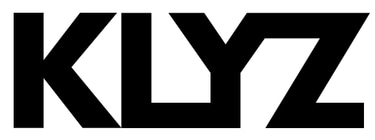Urban Futures
Exploring resilience, systems, and intelligence in the age of transformation.
Cities are no longer fixed forms — they are living systems of climate, data, and human feedback.
Through Urban Futures, I explore how architecture and technology can help cities evolve — not toward growth, but toward resilience, distribution, and adaptation.
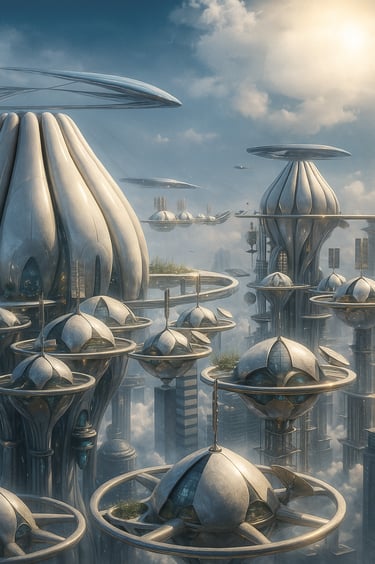





Rethinking the City
The City as a Living System
I see the city as an organism — ecological, digital, and human at once.
Its survival depends on how it processes energy, matter, and information.
Architecture must now operate within this complexity, designing feedback rather than form.
Urban Futures is my platform to study and prototype that evolution.
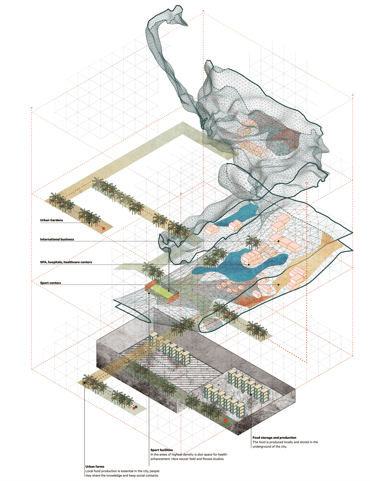

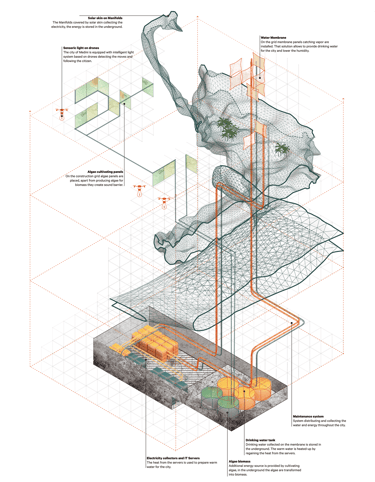

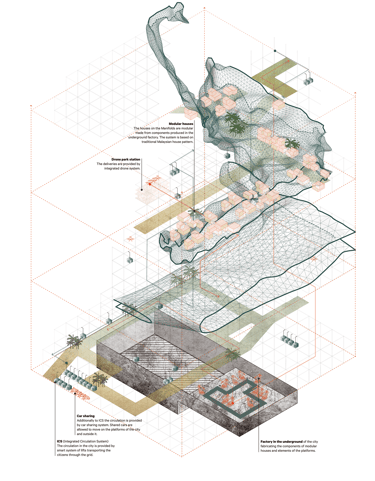

Four Dimensions of Urban Futures
1. Climate Resilience
I study how cities and landscapes respond to climate pressure — heat, water, resource stress, and migration.
My work focuses on adaptive systems: microclimate logic, water-sensitive design, and ecological cycles that remain stable under long-term environmental change.
Climate resilience is not emergency planning; it is a structural way of designing.
2. Distributed Urbanism
Urbanisation is no longer defined by megacities alone.
I explore the shift toward distributed urban networks — smaller, autonomous nodes linked through digital infrastructure, shared energy, and coordinated mobility.
This model supports resilience, flexibility, and post-carbon transitions by reducing dependence on a single centre.
3. Urban Intelligence
I use data and AI to understand complexity rather than predict the future.
Patterns in resource flows, behaviour, governance, and environmental signals reveal how urban systems actually operate.
This intelligence helps guide strategic decisions with clarity and restraint, avoiding the illusion of optimisation for its own sake.
4. Ethical Governance
As technology influences cities more deeply, governance becomes a central design problem.
I research transparent, decentralised, and trustworthy frameworks for data use, automation, and public participation.
Urban resilience depends on ethics as much as engineering — stability requires trust between institutions, systems, and citizens.
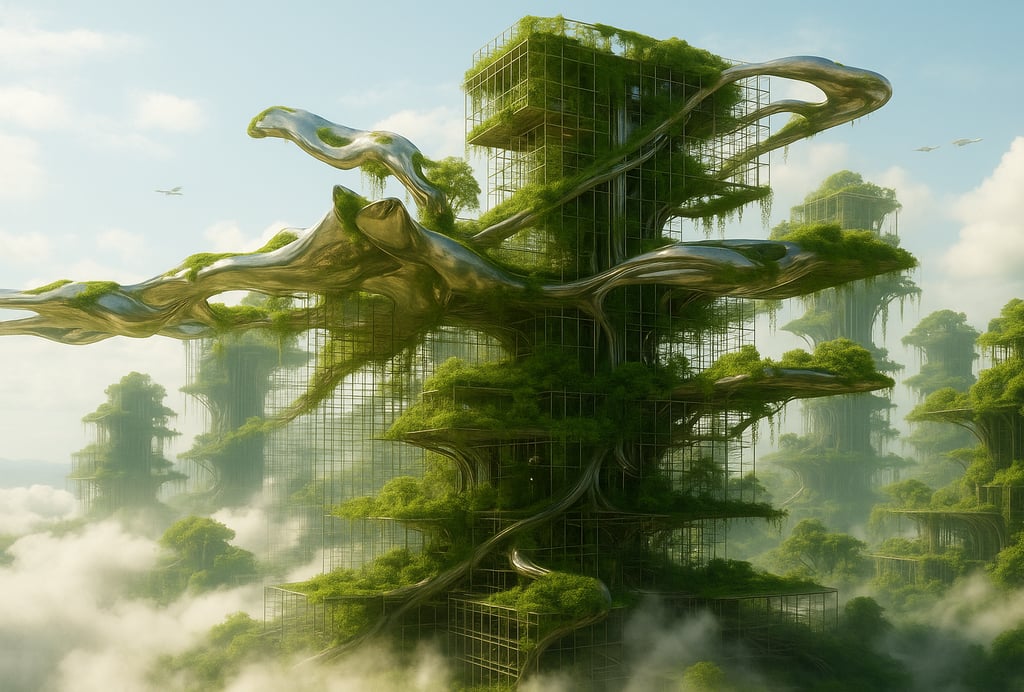

Methods
How I Work
I combine architectural design, systems thinking, and data analysis to test new models of resilience.
Each project becomes an experiment in feedback — a balance between physical space and informational structure. My work ranges from speculative studies to real-world consulting.
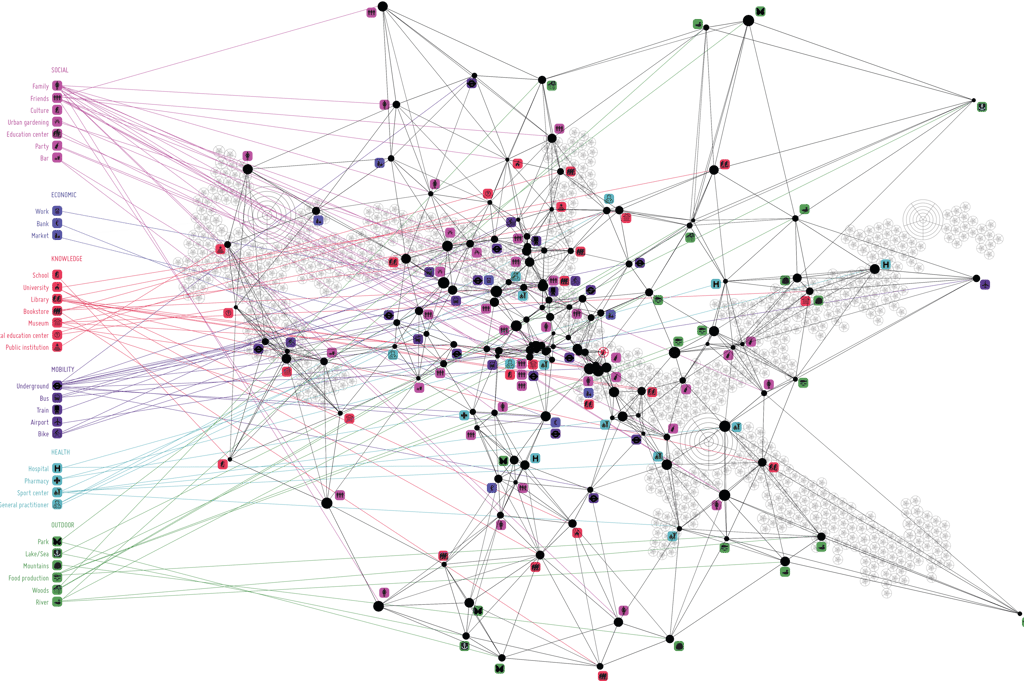

Vision
Continuity Over Consumption
Urban Futures is not about predicting the next city — it’s about preparing for continuous change.
I believe the city of the future is not built once.
It is continuously becoming — through data, matter, and the quiet intelligence of its inhabitants.
Urban Futures is part of KLYZ Studio — an ongoing exploration of architecture, systems, and resilience.
For collaborations, consulting requests, research discussions, or project inquiries:
© 2025. All rights reserved.
